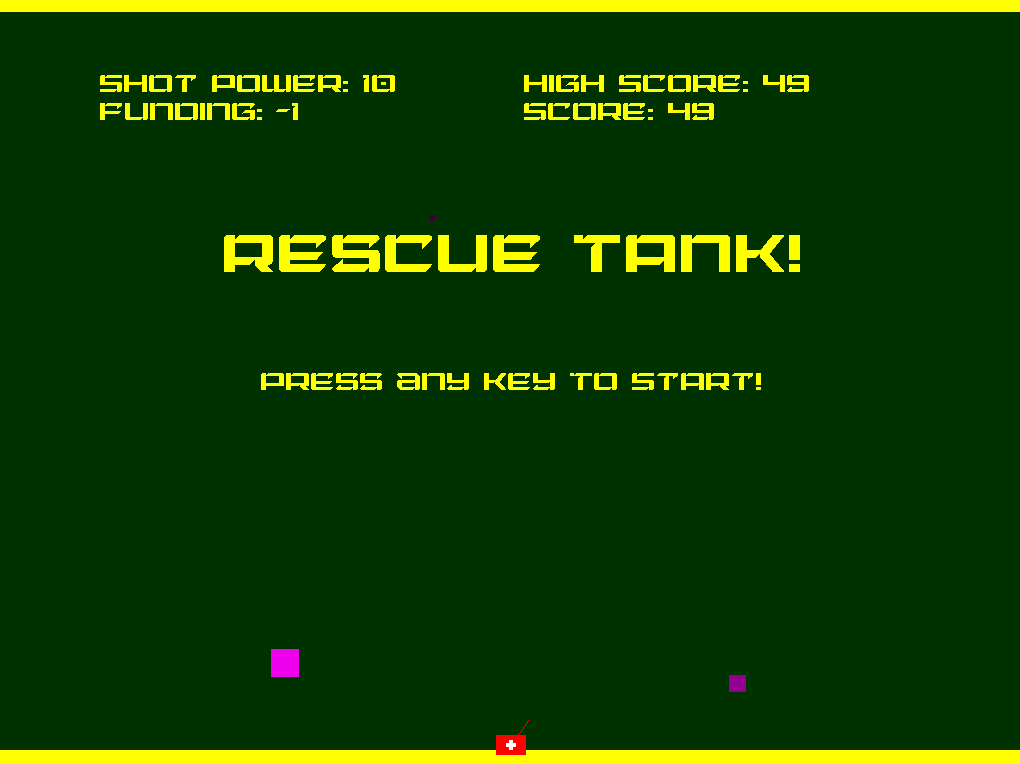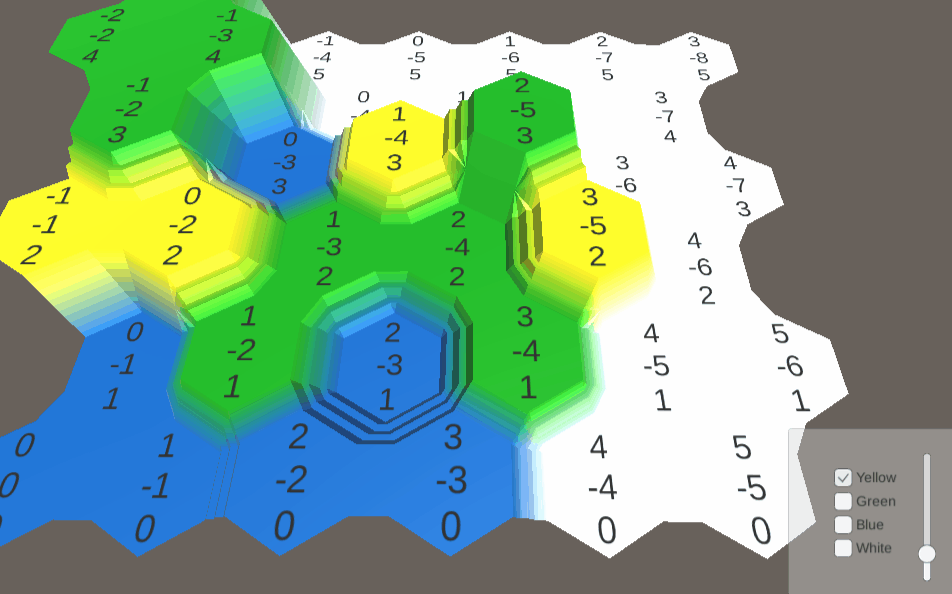
Hi. My name’s Matt.
I build game systems that create meaningful experiences — for players, teams, and the world.
I’m a technical leader with a creative heart, blending programming expertise, game design, and narrative flair.
I believe games are engines for change — and I'm here for the studios and partners who feel the same.
Want to collaborate? matt@matthew-r-stevens.ca
Who am I?
About Me:
I'm a senior game developer and founder with deep experience in programming, game design, and creative leadership.
- Founder of a successful learning games studio.
- Technical Lead for startups and indie studios.
- Systems Architect for mobile and PC titles.
- Creative Director on narrative-driven independent projects.
- Educator and public speaker on game development internationally.
I believe game development lives at the intersection of business and art — and that great teams need both to thrive.
I've built games for celebrated indie studios and clients like the Red Cross, the United Nations, and the Canadian Government.
Technical Skills:
- C# // C++ // Git //
- Unity // Unreal // Godot //
- systems architecture //
- asset management //
- build pipelines //
- GOAP AI // multiplayer //
- rapid prototyping //
- production-level code //
- Agile + Scrum PM //
Creative Skills:
- game design // pitching //
- funder relations //
- business development //
- teamwork // communication //
- public speaking //
- training delivery //
- qual & quant research //
- creative writing //
- grantwriting //
Recent Commercial Projects
Criss Cross Castle
- Early Access - Mobile, Steam, Switch
- Tech Lead @ Simply Sweet Games
- Oct 2024 - present
- Unity // C#
Rebuilt a prototype into a scalable release-ready app. Led decisions on architecture, security, UI/UX polish, and "game feel" upgrades. Contributed to project management and design.
Learned to spell naughty words, then sadly added them to the prohibited word list.
Contact me to be added to the playtest on Android or iOS!
Viridia

- Unrleased CRPG Prototype - PC
- Senior Programmer @ Rogue Harbour
- Nov 2022 - Mar 2023
- Unity // C# // Lua
Led architecture development, built core systems, selected and implemented third-party narrative scripting tools, designed Lua scripting extensions alongside art and narrative teams.
Passionate ally of queer humans and robots alike.
See more gameplay and concept art from Creative Director Eva Toker.
Disaster Town Tycoon

- Released on Android and iOS
- Programmer @ Rogue Harbour
- Dec 2022 - Jul 2024
- Unity // C#
Architected core gameplay, analytics tools, and content pipelines for an early access-to-launch F2P title.
Taught rockets to target various kaijus via visually pleasing trajectories.
Airport BillionAir
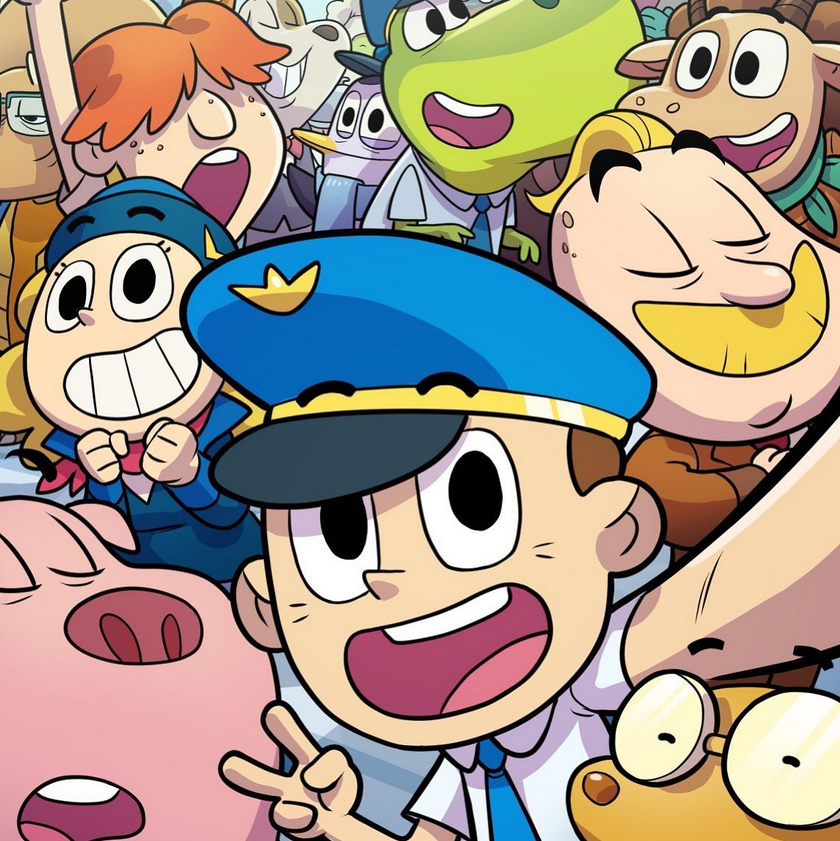
- Released on Android and iOS
- Programmer @ Rogue Harbour
- Aug 2022 - Jul 2024
- Unity // C#
Maintained live ops, managed releases, and developed modular systems to support feature growth.
Strongly encouraged liberal comic reference to the Dune universe.
Hempire

- Released on Android and iOS
- Programmer @ LBC Studios
- Jul 2024 - Sept 2024
- Unity // C#
Refactored legacy code, optimized memory usage, and modernized asset loading pipelines. Supported A/B test implementations. Implemented a new minigame including backend, art, and animations.
You can imagine it was a creative work environment!
Highlighted Personal Projects
The 1% - Enter The Contest

- Narrative Roguelike
- Dec 2024 - present
- Source Code
- Godot 4.4 // C#
In dystopian near future, the only vehicle for social mobility is no-holds-barred deathmatch combat. Do you have what it takes to join the 1%? A retrofuturist twin-stick roguelite shooter inspired by Smash TV and Noita, with a Hades-like meta-game.
Once Upon A Time In The West

- Point and Click Adventure Library
- March 2024 - Dec 2024
- Core Submodule
- Sample Implementation
- Unity // C#
Library for point-and-click adventure games. Core module includes branching dialogue, inventory, multiple click types, pathfinding, puzzle minigames. Liberal use of frightening programmer art.
Elysian Engine

- 2D Game Engine
- Oct 2023 - Feb 2024
- Source code
- C++ // SDL2
Experimental implementation of 2D game engine using C++ and SDL2. Educational project to sharpen architecture, memory management, and rendering systems. Who knew smart pointers could be this much fun?
Evasive Thoughts
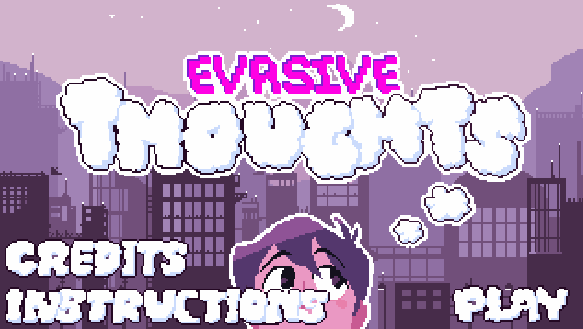
- Endless Runner for GGJ 2024
- Jan 2024
- GGJ Submission Page
- Source Code
- Godot 3 // GDScript
Your brain is full of ideas, but not every idea is a good one. Grab the good thoughts, evade the bad before they wreck your day, your job prospects, and your chance at romance.
Employment
Simply Sweet Games - Tech Lead

In 2024, I joined indie superstars Carina Kom and Tina Merry in their startup adventure, Simply Sweet Games as Tech Lead.
At SSG, I am updating a basic prototype to be release-ready and helping building the foundations of a new brand. I oversee all project architecture, core systems, release pipelines, app security, gameplay implementation, etc.
LBC Studios - Programmer
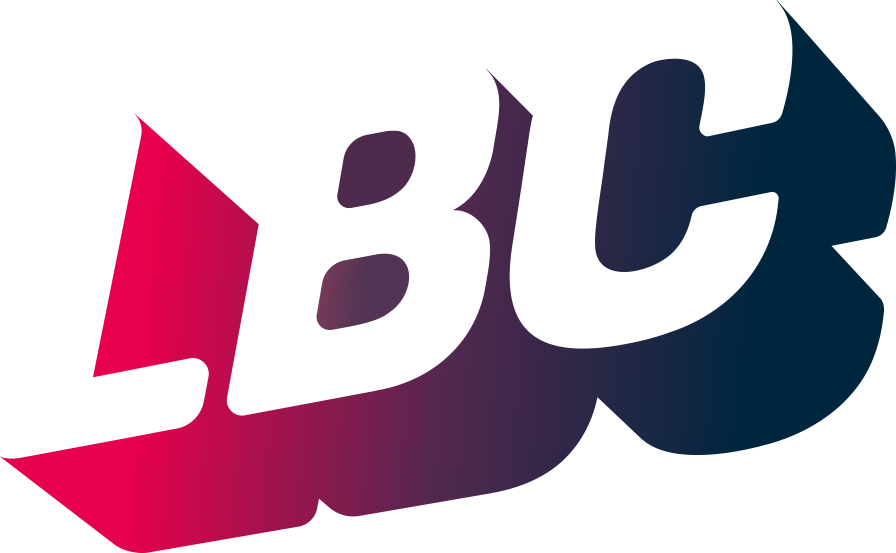
At LBC Studios I modernized of a legacy codebase, building modular packages to help accelerate for product re-skin pipelines.
I contributed to liveops server administration and database management, and implemented an A/B test systems. I migrated core gameplay systems from pre-loaded asset bundles to asynchronously loading remote addressables to reduce download sizes and improve memory optimization.
Rogue Harbour - Intermediate Programmer
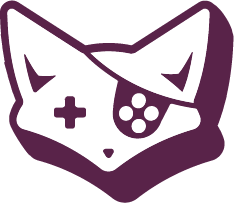
At Rogue Harbour Game Studio I contributed to projects from pre-production to release and live-ops.
I independently managed projects and contributed to architecture planning. I worked with designers to implement new core gameplay systems, design tools, and UI. I built modular packages for internal libraries. I proactively participated in a small team, quickly taking on increasing responsibilities and different tasks, and learning new skills as needed.
LLST - Founder and Director
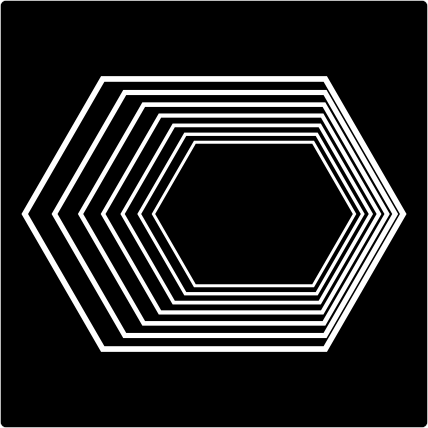
In 2017, I founded a learning game development startup called Lessons Learned Simulations and Training, serving international humanitarian clients from 2018 to 2022.
I designed more than 15 learning games with clients around the world, including Europe, the Middle East, and Africa.
I carried out research on the global effectiveness of learning games and delivered courses on learning game design for humanitarian educators around the world.
Project Archive
Until the Last Breath
- Project Type: Aquatic side-scroller
- Game Jam: Global Game Jam 2025
- Date: Jan 2025
- Play on Itch.io
- Source code: GitHub
- Engine: Unity
- Language: C#
In the year 205X, the buildup of heavy toxic gases in the atmosphere has rendered it unbreathable. Humanity clings to life in tiny pockets of oxygen. Life in the bubble has become the only way of life.
Bandits and madmen fight amongst the ashes of humankind to harvest a dying breath. For those who seek peace, rumours of a last city in the clouds dispel the mists of despair. Do you have what it takes to bubble up and rise above?
Frantic Antics
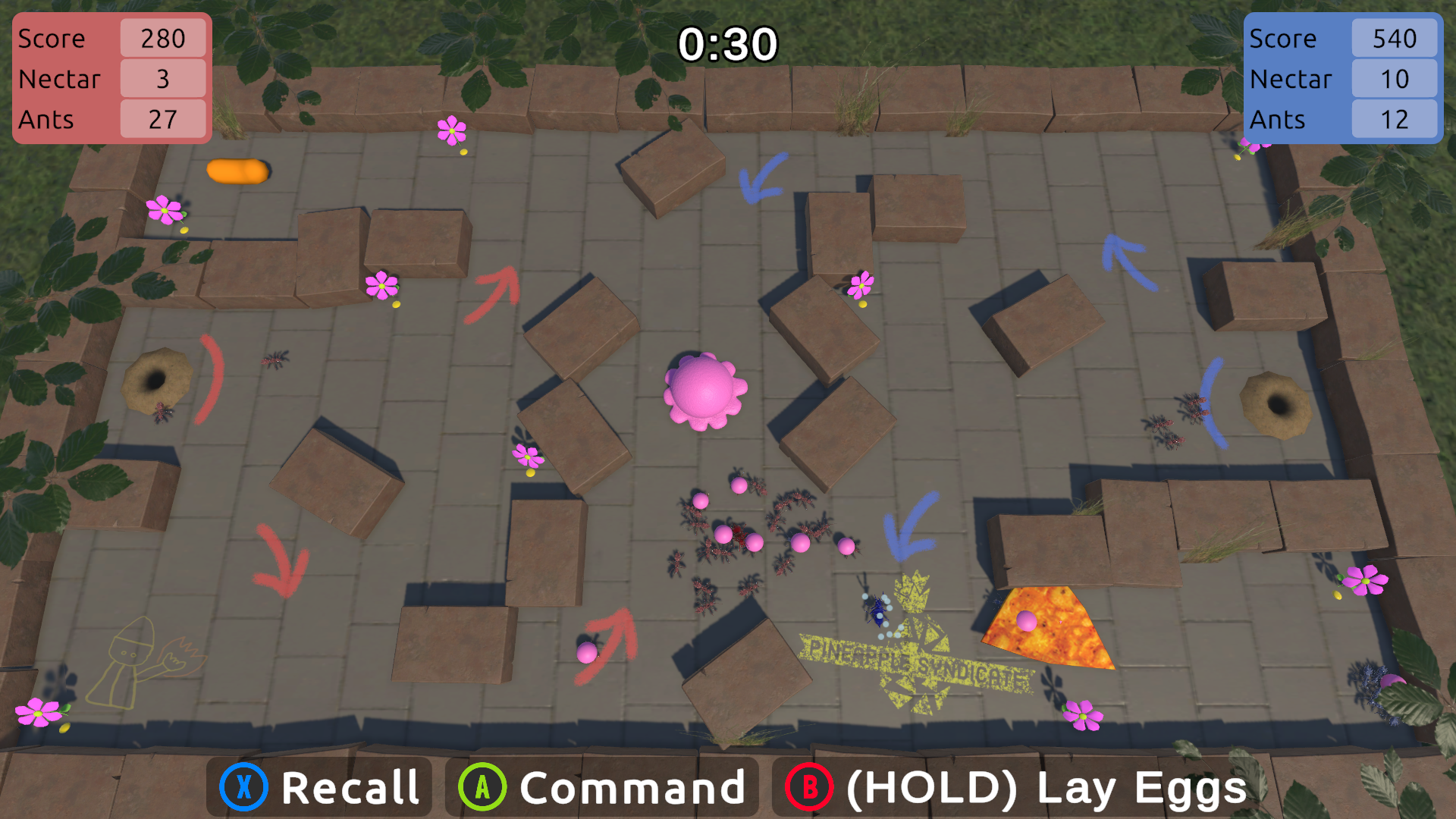
- Project Type: Couch Multiplayer
- Game Jam: Quiver Games "Town One"
- Date: June 2023
- Download: Itch.io
- Source code: GitHub
- Engine: Unity
- Language: C#
In the world of ants, chaos reigns supreme! Two ant queens go head to head, commanding their workers to search for tasks such as gathering resources and battling threats. Grow your horde fastest or be wiped out. Frantic Antics is a couch multiplayer game built in Unity over an intense three days, prompted by the theme "stronger together".
RoboBlast2077
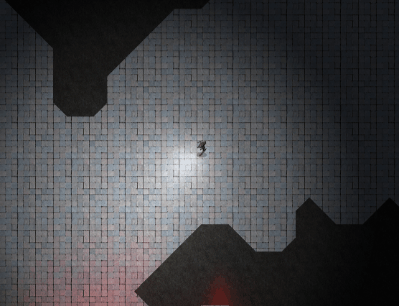
- Project Type: Game Prototype
- Date: June 2022
- Play online: Itch.io
- Source code: GitHub
- Engine: Unity
- Language: C#
A rapid prototype built to explore a procedurally generated cave, using cellular automata and marching squares. Built in Unity using C#.
RPG Adventure
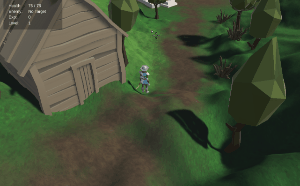
- Project Type: Game Prototype
- Date: Aug - Nov 2020
- Play online: Itch.io
- Source code: GitHub
- Engine: Unity
- Language: C#
A vertical slice of a basic 3D action-RPG game, demonstrating the ability to design, organize, and implement larger and more complicated projects. Built in Unity using C#.
Asteroids_Pwnt
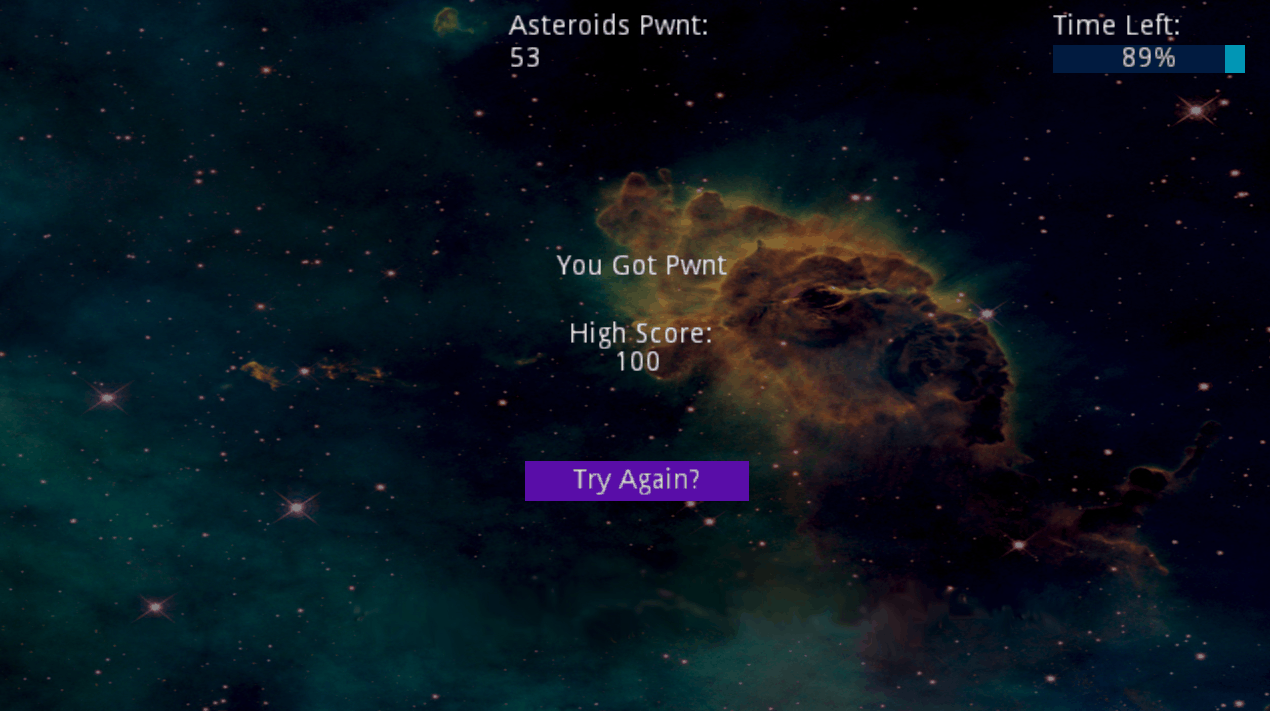
- Project Type: Game
- Date: Sept 2021
- Play online: Itch.io
- Source code: GitHub
- Engine: Godot 3
- Language: GDScript
A high-paced clone of Asteroids, built in Godot with GScript, a scripting language based on Python.
Select Educational Projects
The Community-Based Simulation Development Project
- Project Type: Training Course
- Date: Jan - Oct 2021
- YouTube Documentary
- Course Outline: English and Arabic
An eight-month training course on learning game design for humanitarian educators in Jordan. The training was offered in English and Arabic, and created with CRISP Berlin and Save the Children.
This project was funded by a grant from the Fund for Innovation and Transformation, the Inter-Council Network, and Global Affairs Canada.
Douglas College Program Advisory Council Chair

- Project Type: Degree Program Curriculum Development
- Date: Feb 2025 - present
- Program Details
I currently serve as chair of the Computer Science Program Advisory Council at Doulgas College.
We are tasked with supporting the College in developing new curriculum for their growing game development program.
I am also a regular participant in student-centered events at Douglas, such as business networking sessions and giving talks about the industry to first-year game development students.
VFS Instructor - Game Development Programming Stream
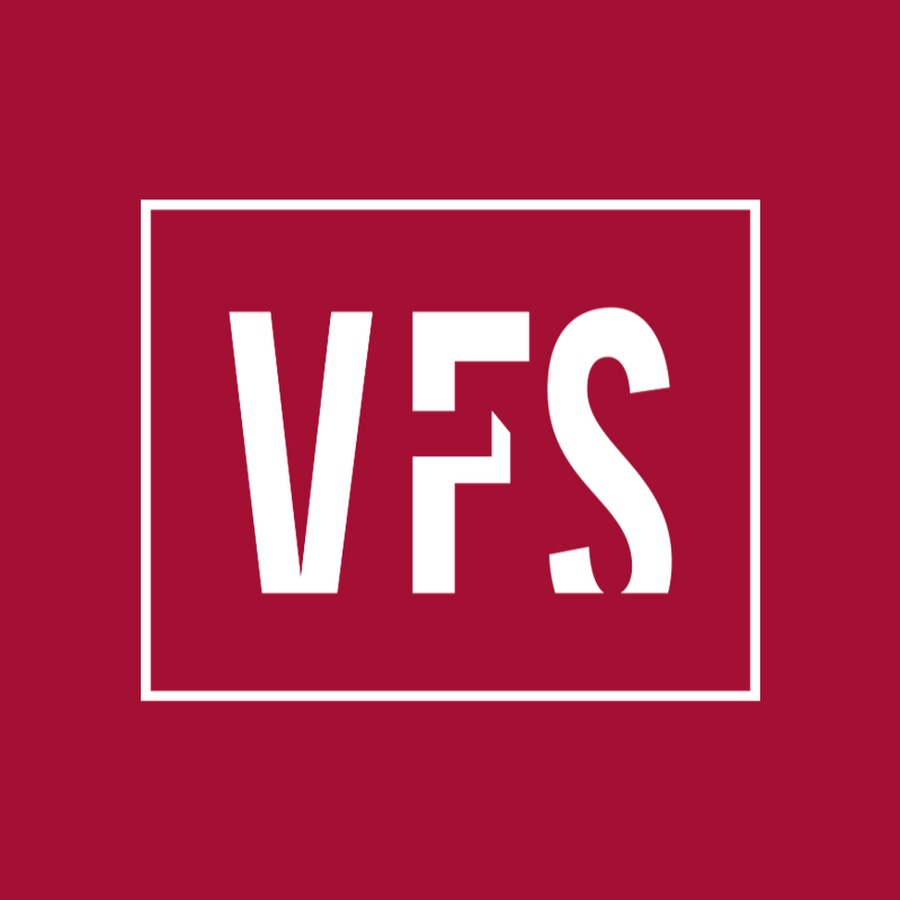
- Project Type: Diploma Courses
- Date: Aug 2024 - present
- Program Details
Part-time instructor, helping to prepare students for their first programming jobs in the games industry. Balancing the real challenges of "breaking in" with keeping hope alive can be difficult.
Courses for 2025 include:- Introduction to C#
- Data Structures
- Rapid Prototyping in Unity
- Portfolios for Programmers
My FCAP Journey
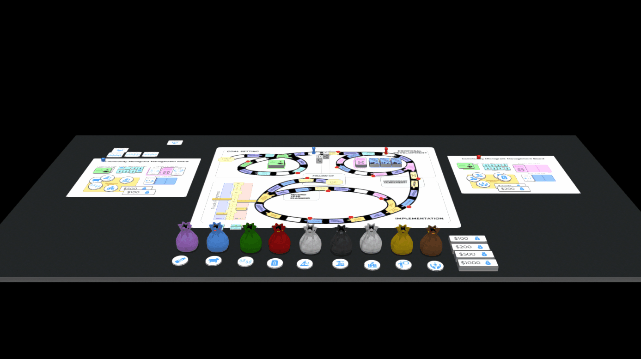
- Project Type: Educational Boardgame
- Date: Oct - Dec 2021
- Play Online: Tabletopia
- Game Rulebook
- Design documents
- DIY Print Materials: Part 1 and Part 2
A game that teaches rural communities in Rwanda to design and monitor FCAP economic development microgrants. Designed to be played by people who are new to board games.
The client was provided with 20 sketch game proposals, of which 4 were selected for full game design documents. This game was selected by committee to be developed into a complete training tool.
The Pyramid
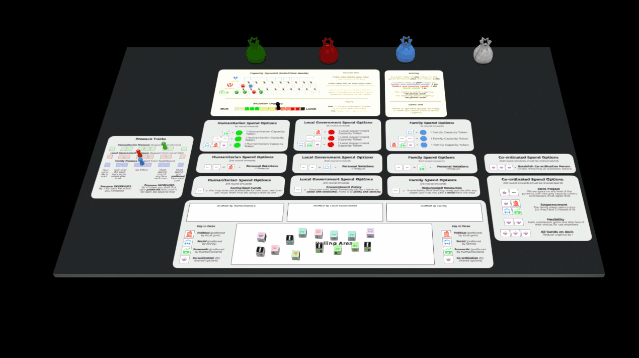
- Project Type: Educational Boardgame
- Date: Mar 2021 - present
- Play Online: Tabletopia
A game based on Maslow’s Pyramid of Needs, which teaches about the priorities and goals of different stakeholders in humanitarian crises. The game focuses on how conflict can arise between humanitarian actors, local governments, and the people they hope to serve.
Developed in collaboration with Untold Play.
Humanitarian User Research: Serious Games
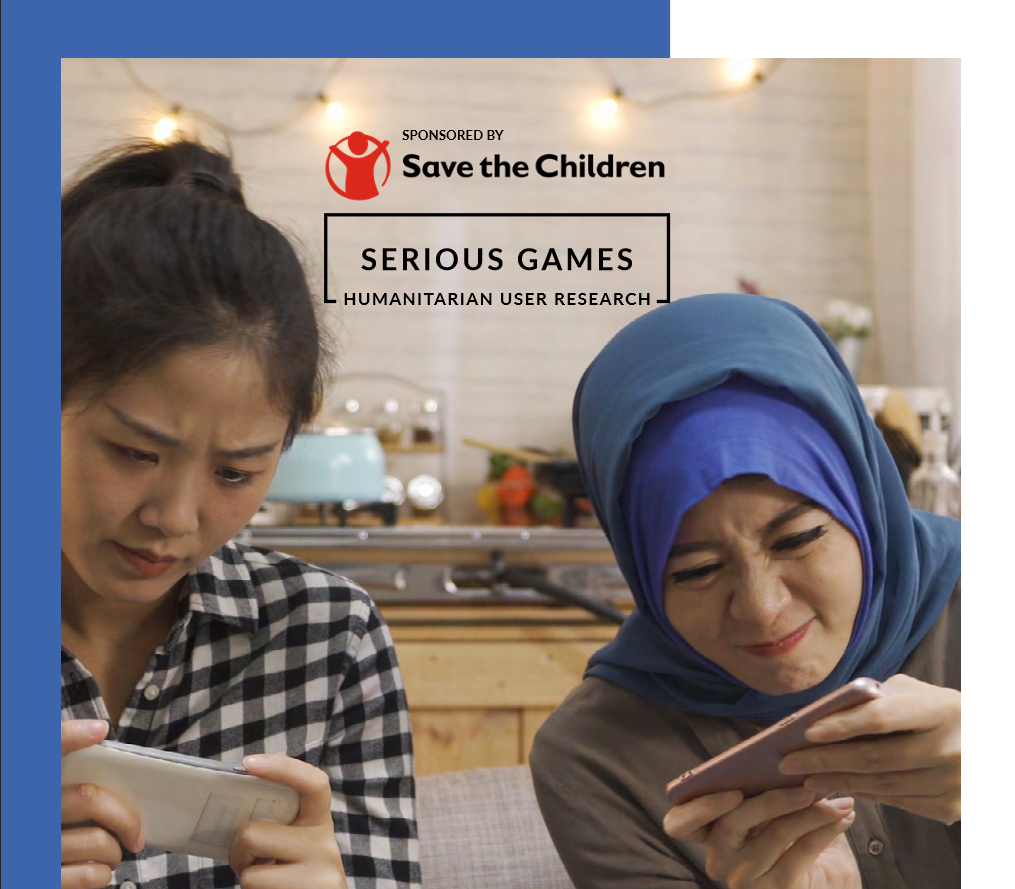
An international research project on the effectiveness of learning games in the humanitarian sector, based on game-based learning workshops in Amman, Jordan and Nairobi, Kenya.
Sponsored by Save the Children. Findings presented in Geneva and Montreal.
The Day My Life Froze
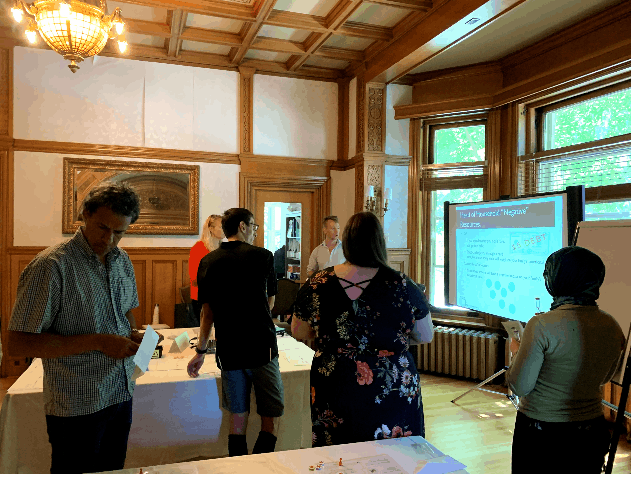
- Project Type: Educational "MegaGame"
- Date: Mar - Sept 2018
- Info Page
A simultaneous-action educational “MegaGame” for up 25 in-person participants, built to teach humanitarian workers the underlying systems of ethical urban refugee response. Developed as part of an in-person workshop, delivered to multicultural audiences on four continents.
